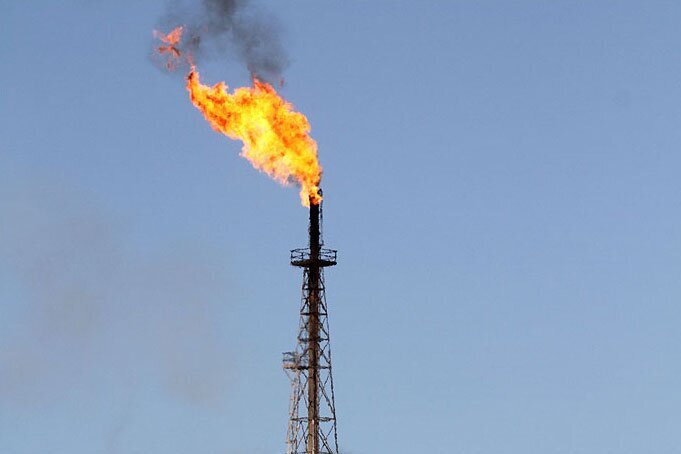Iran to minimize gas flaring within 4 years

TEHRAN – Iran aims to significantly reduce gas flaring at refineries within the next four years, with an initial reduction planned by the end of this Iranian calendar year (late March), a senior oil ministry official said.
Saeed Tavakkoli, Deputy Oil Minister, highlighted the importance of energy efficiency in the country’s oil and gas sector, noting that natural gas accounts for 72 percent of Iran’s energy mix. "Enhancing the supply chain efficiency is a key priority in line with the country’s strategic plans, including the Seventh Development Plan," he said.
Referring to the government's commitment to tackling gas flaring, Tavakkoli stated, "Although the volume of flared gas is relatively small, we have a concrete plan to minimize it. A portion will be reduced by the end of this year, and within four years, we will bring it to the lowest possible level at refinery outputs."
The National Iranian Gas Company (NIGC) is also implementing a comprehensive smart management system, which includes the deployment of smart meters and data governance in the gas sector. Tavakkoli announced that a cooperation agreement has been signed with the Ministry of Information and Communications Technology (ICT), allowing gas industry data to be integrated into a unified platform. This initiative aims to identify network inefficiencies and high-consumption areas.
"This system will eventually create an energy profile for every Iranian citizen," he added.
Tavakkoli noted that part of NIGC’s commitments involve transitioning to renewable energy sources. "All financial obligations related to this transition have been settled with the Energy Ministry, and under the Seventh Development Plan, government agencies are required to modify some of their equipment for better energy efficiency," he said.
He also emphasized that there are no major obstacles in the gas industry, but strict adherence to strategic directives is necessary. "There are no legal restrictions, and investment in gas projects remains economically viable," he stated.
Tavakkoli acknowledged that despite production growth, consumption imbalances persist, making technological advancements essential for maintaining energy security.
EF/MA
Leave a Comment